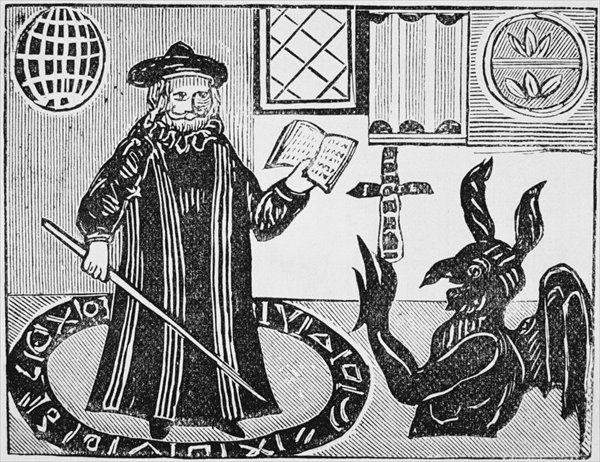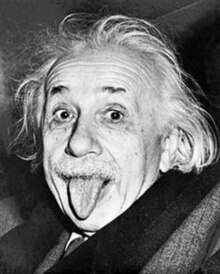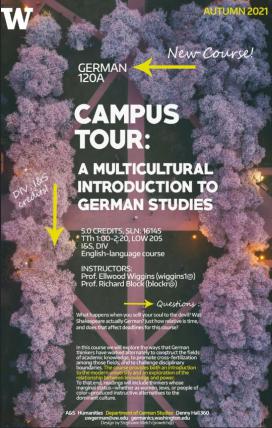What happens when you sell your soul to the devil?
Was Shakespeare actually German?
Just how relative is time and does that affect deadlines for this course?



Whether we know or not, many of the questions that we ask ourselves to makes sense of our lives have a rich history in German speaking lands. From the structure of the modern university to the birth of psychoanalysis, from the Protestant Reformation to Marx and Engels’s Communist Manifesto, from classical music to industrial rock—German cultures have initiated, enlivened, and certainly engaged the conversations that dominate our political and social discourses.
The course provides both an introduction to the modern university and an interrogation of the relationship between knowledge and power. We will explore ways that German thinkers have constructed modern academic disciplines that we take for granted—from Classics to Sociology to Physics—and learn how they are as much products of historical contingency as reflections of the natural world.
In this course, we will undertake a broad introduction to German Studies from a multicultural approach. That means we’ll frame cultural and intellectual contributions from German-speaking lands in terms of how they speak to contemporary issues and problems such as race and gender, animal rights, and climate change. At the same time, we will also consider opposing voices or voices of the oppressed, particularly those who have had limited or no access to the public sphere.
